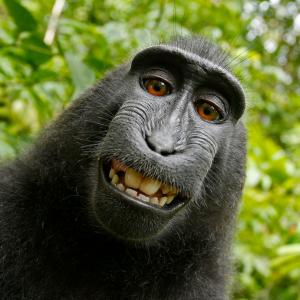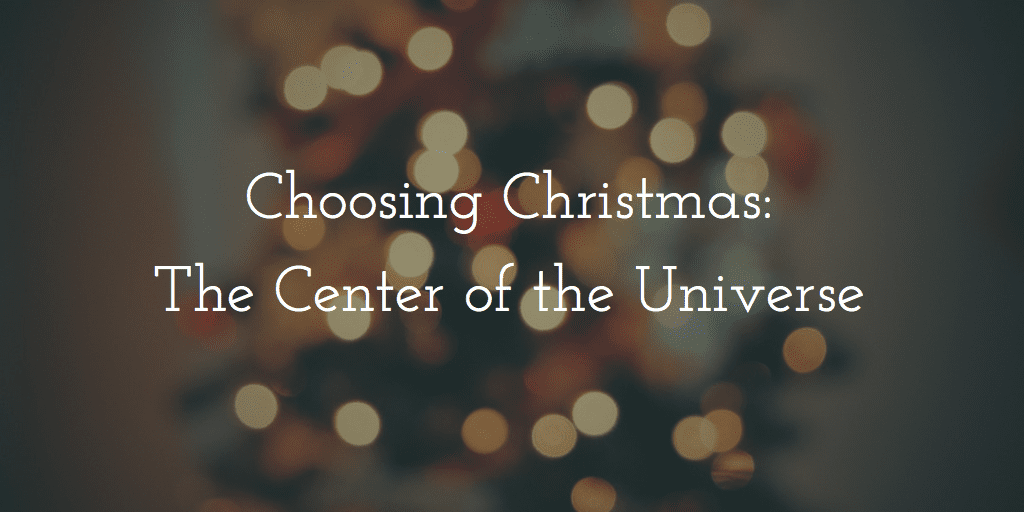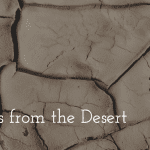“That man is the noblest creature may be inferred from the fact that no other creature has contested this claim.” G.C. Lightenberg
David Slater is a nature photographer from Great Britain. He’s the guy who travels to the remote places of the world and takes the pictures that make the cover of magazine like National Geographic.
A few years ago Slater was spending time in Indonesia among a troop of monkeys trying to get some good pictures of them.
After spending several days with them, he realized that he couldn’t quite get the photo he was looking for with the monkey looking directly at the camera. So Slater had an idea. He would set up his camera in a place where they could get to it, and make it to where they could take a picture by hitting a button. The button would make the camera click, making the monkey turn and face the camera just in time for a profile shot.
And that’s exactly what happened.

It was kind of a genius veteran move on Slater’s part. You know, adapting on the fly, using his very valuable equipment in a very risky way…but it worked. David got the picture and the monkeys were going to be famous. Everyone wins right?
Except…
Let me pause here and tell you that I shouldn’t be allowed to show you this picture.
It should be the intellectually property of the renown nature photographer David Slater, and I should have to pay fees to be able to post it here on Patheos. But I don’t.
It’s totally legal for anyone to post this picture, and the reason has a lot to do with Christmas, or rather the way that the imagination of Christmas has changed the world, and how that change is beginning to slip away from us.
So here’s the rest of the story.
Monkey See Monkey Sue
About a year later, when David Slater’s book of pictures is about to released by his publisher, Slater discovers some disturbing news. Wikipedia has posted several of his monkey pictures online, pictures that he owned the copyrights to as the nature photographer, or so he thought. Because Wikipedia, after hearing the story of these pictures, and how the monkeys pushed the button to actually make the camera snap the phone, declared that these pictures weren’t taken by the man, they were taken by the monkey, and therefore fair use.
Now that whole argument is an fascinating legal case study, but the part that I find really intriguing is what happened next. Because Slater sues Wikipedia, and the word about the case gets around, and PETA, People for the Ethical Treatment of Animals, gets involved and they decide to countersue David Slater…Get this….on behalf of the monkey.
PETA sues Slater as kind of the legal guardian of the monkey who “took” the picture, and they tried to get all the royalties that were given to Slater for the picture redirected somehow to the monkey. At one point, the PETA lawyer actually argued in court that denying the monkey the legal right to own the copyright is similar to the practice of slavery.
That is, that denying the monkey’s right to hold a copyright, is somehow a moral equivalency to how we treated human beings as property 200 years ago.
I heard this story a few weeks ago on the great podcast This American Life, and if you want to know how it ends you can listen to it here. But here’s my point with telling you this story today.
It sounds strange to think of PETA suing a man on behalf of a monkey, but only because Christmas has so captured our imagination we’ve forgotten that the things we take for granted today haven’t always been considered true. In fact, in the context of history and even many places in the world today what we consider common sense isn’t considered true.
This is what I mean by that.
The Christmas Revolution
I recently read a book by the atheist Philosopher John Gray called “Straw Dogs” and the book is brilliant…it’s also very, very disturbing.
It’s a book written by someone who takes his non-theist claims about the world seriously. If there is no God, if all there is in the universe in what we can see and touch than how does it follow that we have beliefs in things like human rights or human dignity or even the belief that humans hold some kind of superior place in the universe?
We are only one of many living creatures on a ball of dust in one of billions of galaxies, and so why shouldn’t the monkey get the royalty checks?
It’s is firmly a Christian notion that makes us believe that humans have some kind of special place in the universe, and anyone who tells you otherwise hasn’t fully dealt with the more disturbing bits of how they view the world.
Here’s how Gray says it:
Among Christians the cult of personhood may be forgiven. For them, everything of value in the world emanates from a divine person, in whose image humans are made. But once we have relinquished Christianity the very idea of the person becomes suspect.
So what does all this have to do with Christmas?
Because the main reason that we laugh at the idea of a monkey suing a human being, or chafe at the idea of comparing that monkey’s inability to claim royalties to the unjust practice of chattel slavery during the 18th century is because God became a human being.
When that happened, according to the old Hymn, the slave became our brother, and the soul felt it’s worth.
The Biblical doctrine of Election is often misunderstood and almost always controversial, but here’s what it means in it’s most simple form. God chose us. God cast His vote for humans. God became one of us and that changed everything.
Before you choose whether or not to believe in God, whether or not you will celebrate Christmas, you need to know God chose you.
That’s what Christmas is, it is when God chose humanity.
God chose to be one of us, to be like us, to go through what we go through, and by participating in our life to make us holy.
A couple of years ago, on Christmas Day the New York Times ran an Op-Ed by Peter Wehner that made this same point. It was called The Christmas Revolution and it was brilliant.
In a world where the word Revolution is thrown around so frequently and so casually, Wehner’s well made point was that the world has never really seen another revolution like Christmas.
Wehner points out that:
The incarnation also reveals that the divine principle governing the universe is a radical commitment to the dignity and worth of every person, since we are created in the divine image. But just as basic is the notion that we have value because God values us… gold is valuable not because there is something about gold that is intrinsically of great worth but because someone values it. Similarly, human beings have worth because we are valued by God, who took on flesh, entered our world, and shared our experiences — love, joy, compassion and intimate friendships; anger, sorrow, suffering and tears. For Christians, God is not distant or detached; he is a God of wounds. All of this elevated the human experience and laid the groundwork for the ideas of individual dignity and inalienable rights.
God chose us by becoming one of us. God lifted the head of every peasant, and gave us a dignity that was beyond any other part of His Creation.
In a very real sense, God made us the Center of the Universe.
And the Soul felt it’s worth.













